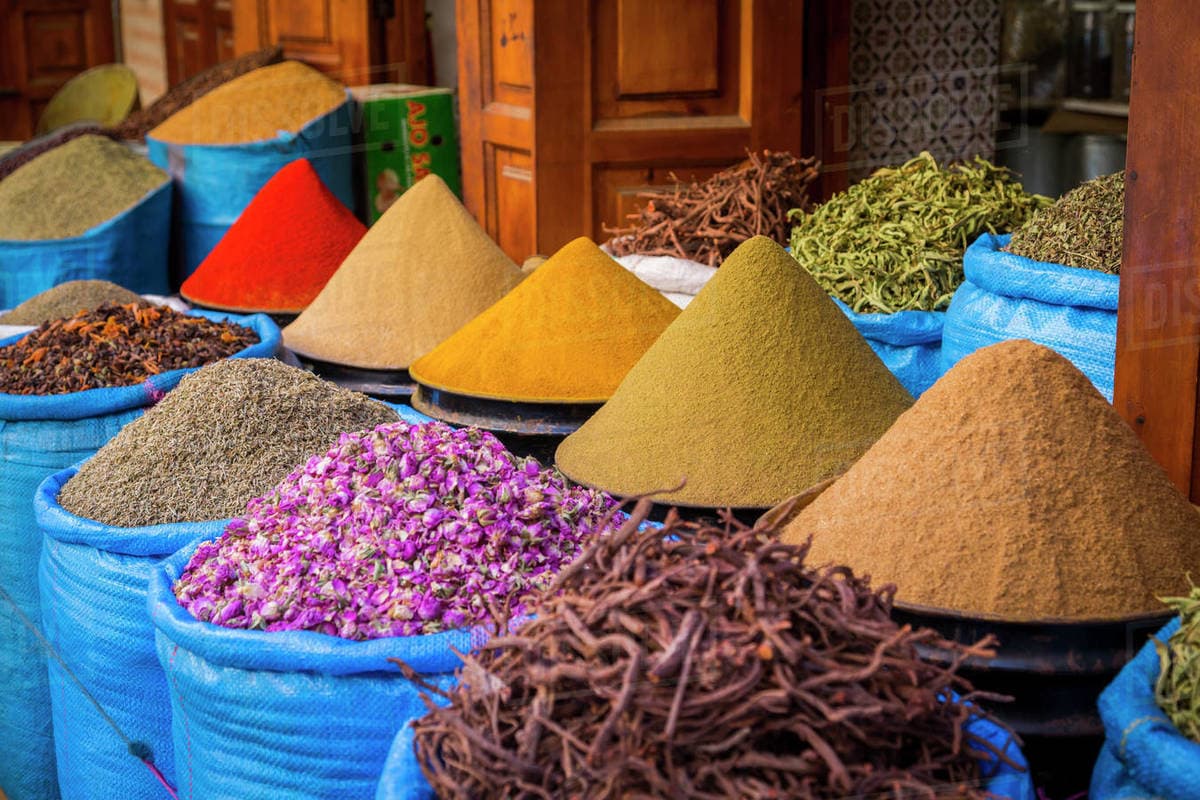We're loading the full news article for you. This includes the article content, images, author information, and related articles.
Nairobi's new export strategy aims to reduce economic reliance on traditional commodities like tea and coffee by tapping into Europe's burgeoning multi-billion dollar market for natural health products.

NAIROBI, Kenya - Kenya is strategically positioning itself to capture a larger share of the lucrative European herbs and spices market, a move aimed at diversifying its export earnings beyond traditional mainstays like tea, coffee, and cut flowers. The initiative, spearheaded by the Kenyan Embassy in Belgium, was announced on Friday, October 25, 2025, and seeks to leverage a growing global consumer trend towards natural health remedies and sustainable products. This pivot comes as Kenyan horticultural exports, particularly vegetables, have faced significant challenges due to stricter European Union regulations on pesticide residues.
For decades, Kenya's export basket to Europe has been dominated by a few key agricultural products. In 2024, cut flower exports alone were valued at approximately Sh72.1 billion (about $835 million), with about 70% of these destined for the EU. However, this reliance creates economic vulnerability. The Kenyan government, through its diplomatic mission in Brussels, has identified the expanding European demand for products like ginger, turmeric, lemongrass, hibiscus, and moringa as a prime opportunity for growth. The European herbs and spices market is projected to grow from an estimated USD 38 billion in 2025 to over USD 54 billion by 2035, driven by interest in clean-label products, culinary diversity, and health and wellness trends.
"The exceptional interest in Kenya’s herbs and spices reflects a growing global shift toward sustainability and natural health remedies, signaling a bright future for Kenya’s herbal and spice exports in the European and global markets," the Kenyan Embassy in Belgium stated on Friday. This strategic push aligns with the Kenya-European Union Economic Partnership Agreement (EPA), which entered into force on July 1, 2024, granting Kenyan products duty-free and quota-free access to the EU market.
While the opportunity is significant, Kenyan exporters face considerable hurdles. The EU maintains stringent standards, including Maximum Residue Levels (MRLs) for pesticides and phytosanitary controls, which have already impacted other sectors. For instance, Kenya's fresh vegetable exports to the EU halved in 2024 after the enforcement of stricter pesticide regulations, with the value dropping from Sh50.9 billion in 2023 to Sh23.4 billion. Similarly, the cut flower industry has been under pressure due to regulations concerning the False Codling Moth (FCM), a quarantine pest, leading to increased inspections and consignment rejections. In 2024, there were 95 rejections and 48 interceptions of Kenyan flower consignments due to FCM, valued at over €1 million.
To succeed, Kenyan producers of herbs and spices will need to adhere to these complex regulations, which often favor larger firms that can absorb the high costs of compliance. The Embassy in Brussels has committed to working with Kenyan agripreneurs to promote quality standards, traceability, and branding to position Kenyan herbs as premium organic products, aligning with the EU's Green Deal initiative. Success will hinge on robust support for small and medium-sized enterprises (SMEs) in navigating certification processes like Organic, Fairtrade, and Rainforest Alliance, which are crucial for market access in Europe.
Diversifying into herbs and spices offers a pathway to bolster Kenya's foreign exchange earnings and create new economic opportunities for farmers. The State Department for Trade has noted that the EU is a USD 16 trillion market, absorbing over 21% of Kenya's total exports annually. In 2023, Kenya's exports of spices, including ginger and turmeric, to the world amounted to over $17 million, with the United Kingdom and the Netherlands being the top European destinations. Expanding this niche could help close the trade gap with the EU, where Kenya's imports (USD 1.6 billion in 2023) still outweigh its exports (USD 1.07 billion in 2023).
The move is also a response to logistical challenges that have recently plagued Kenyan exporters. Geopolitical tensions in the Middle East have disrupted key shipping routes like the Suez Canal, extending transit times to Europe from 30-35 days to over 50 days and increasing costs. By developing a wider portfolio of high-value, lower-volume products like spices, Kenya can build a more resilient export economy. The government and private sector are actively working to promote this diversification, with officials urging counties to capitalize on the opportunities presented by the EU market. As EU Ambassador to Kenya, Henriette Geiger, noted in January 2025, adding value to agricultural products is crucial for Kenya to achieve its goal of becoming an upper-middle-income country.
Keep the conversation in one place—threads here stay linked to the story and in the forums.
Sign in to start a discussion
Start a conversation about this story and keep it linked here.
Other hot threads
E-sports and Gaming Community in Kenya
Active 9 months ago
The Role of Technology in Modern Agriculture (AgriTech)
Active 9 months ago
Popular Recreational Activities Across Counties
Active 9 months ago
Investing in Youth Sports Development Programs
Active 9 months ago